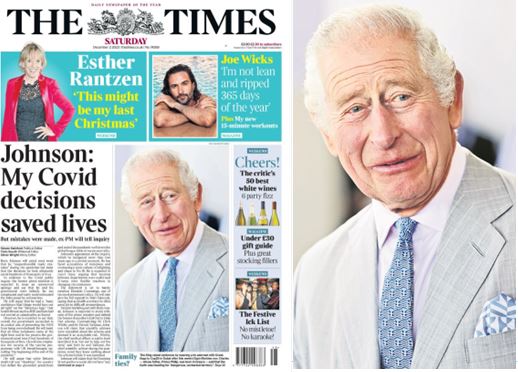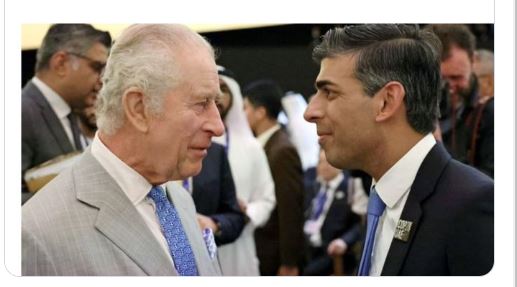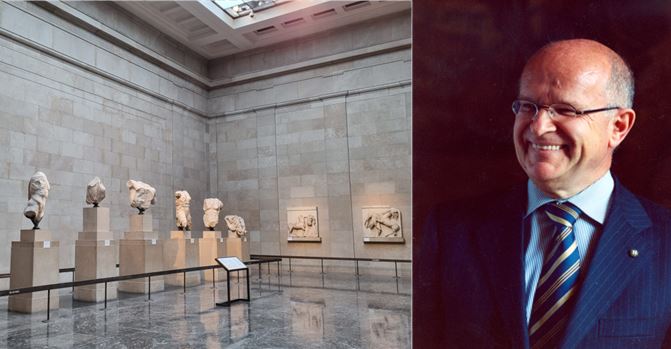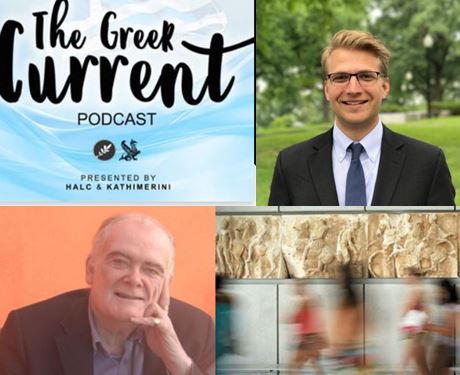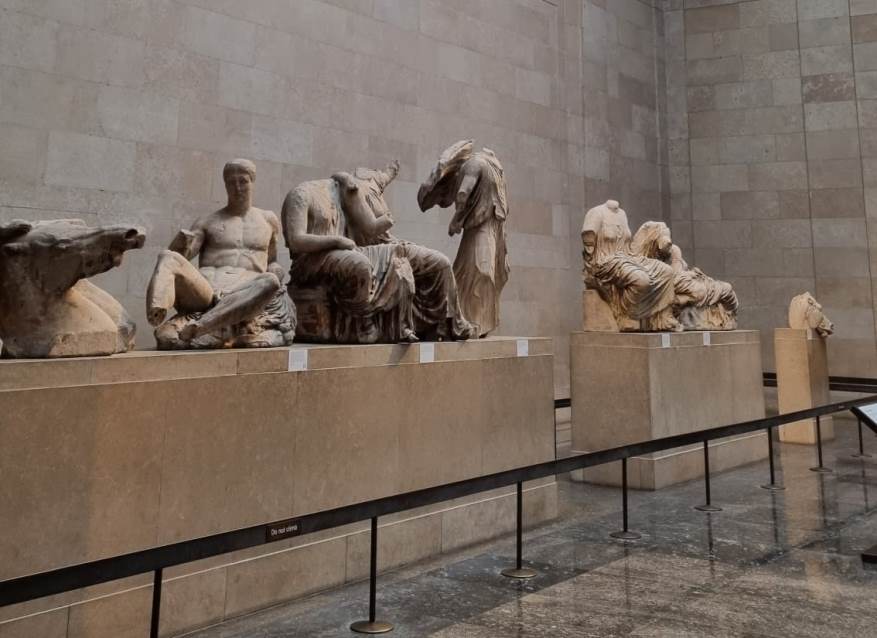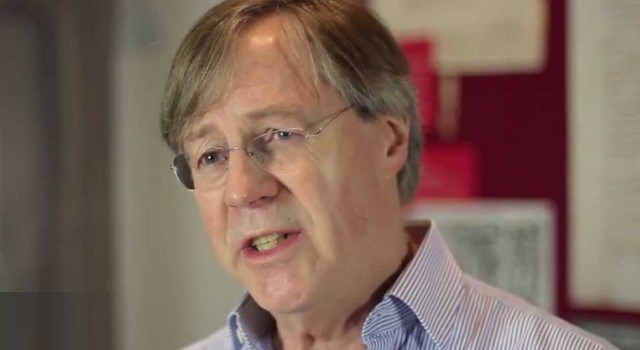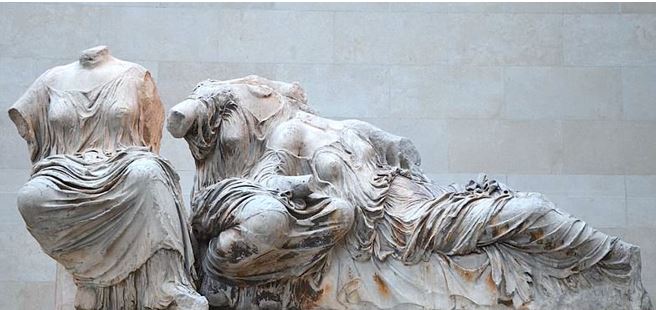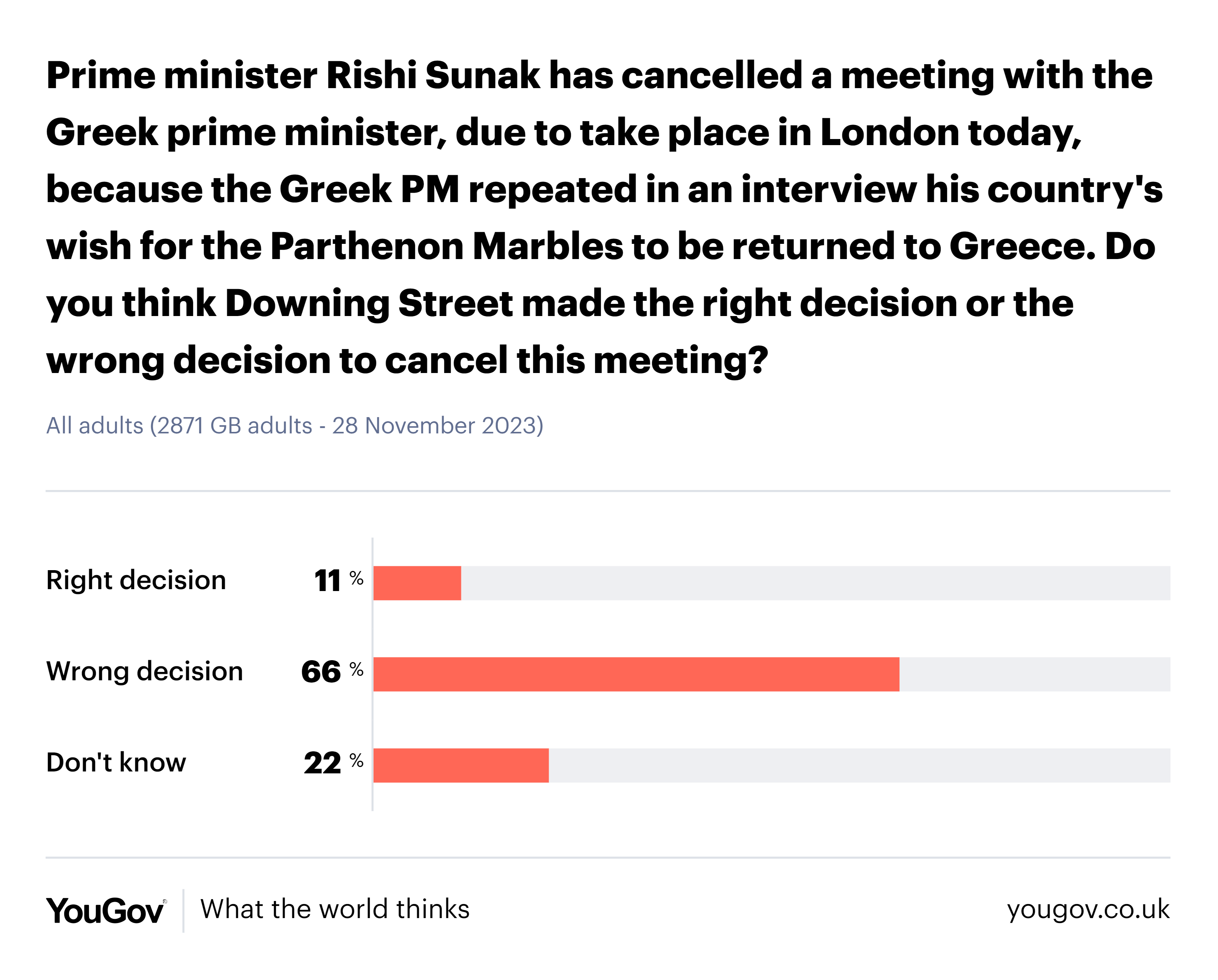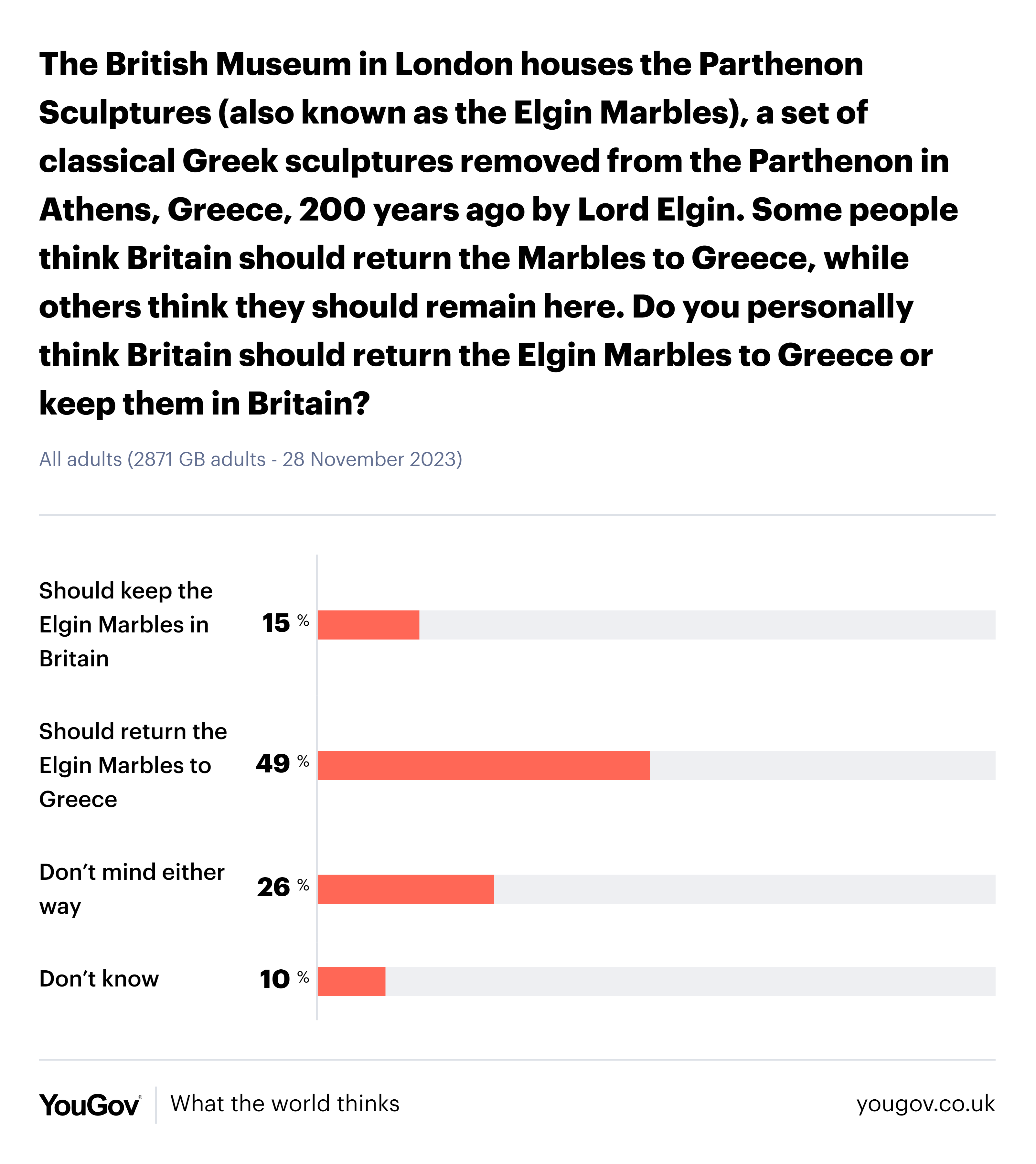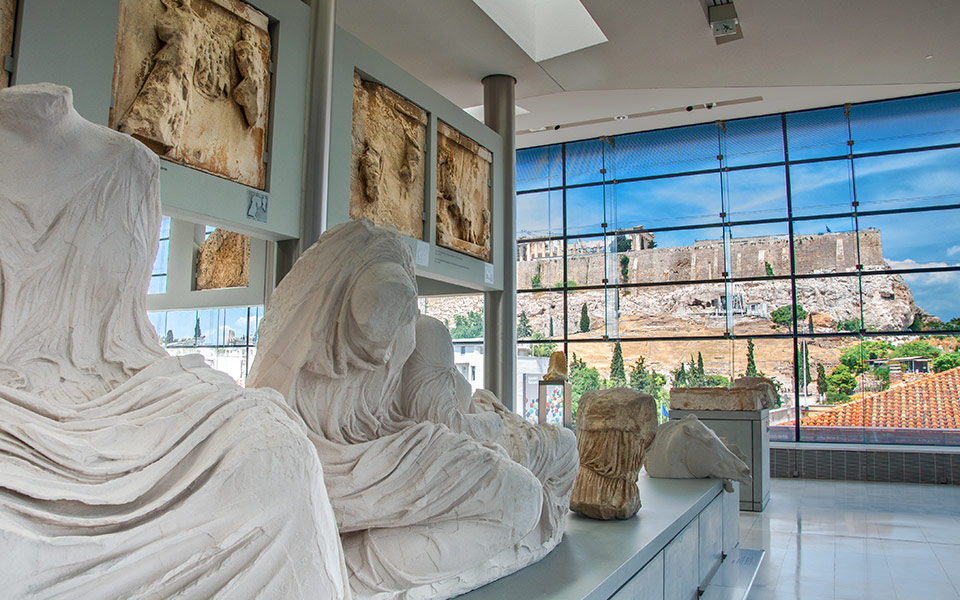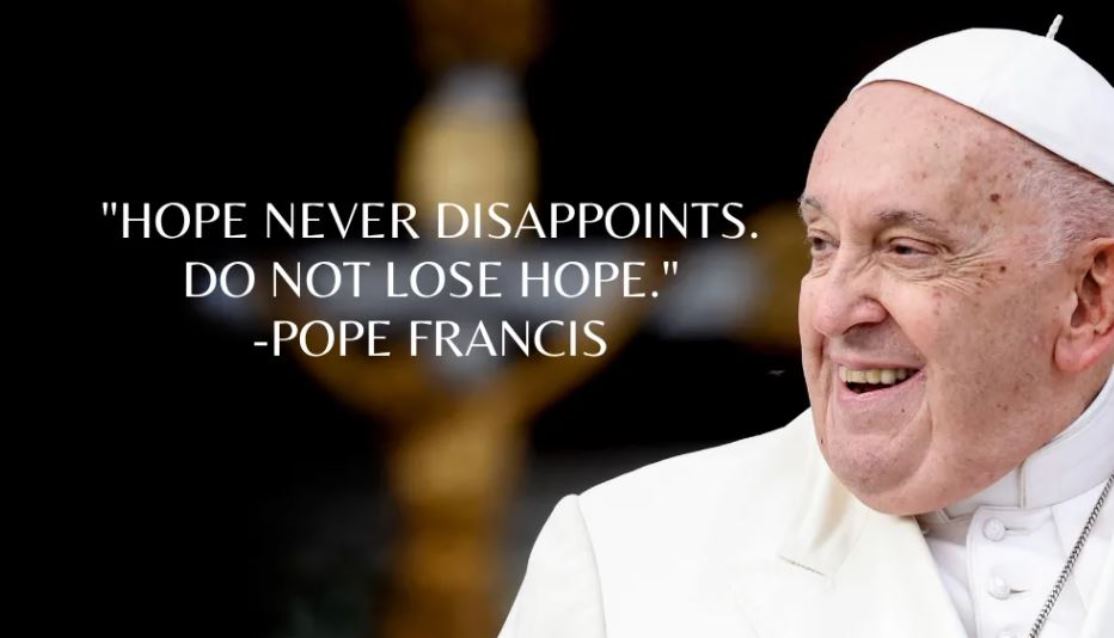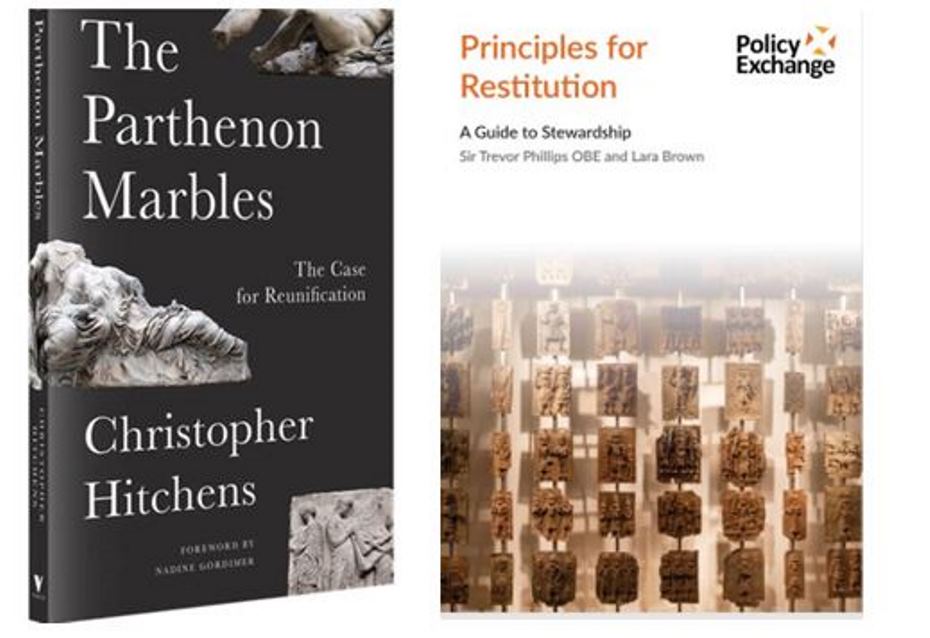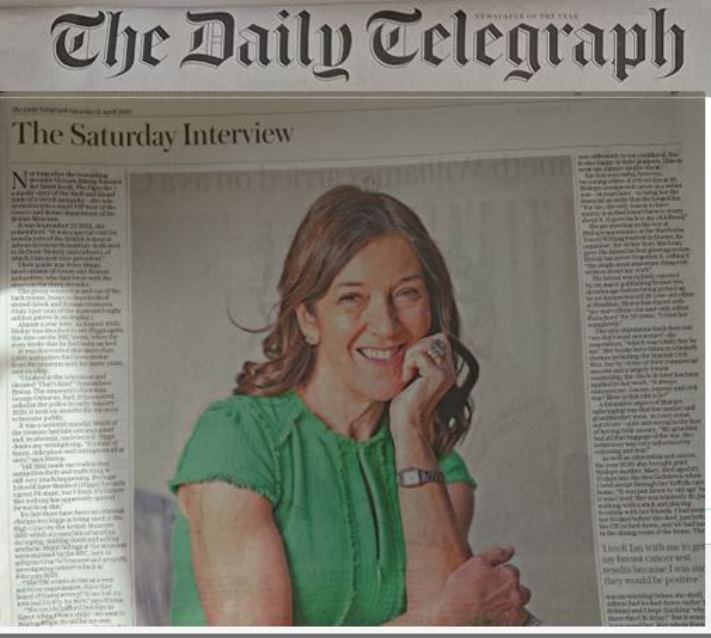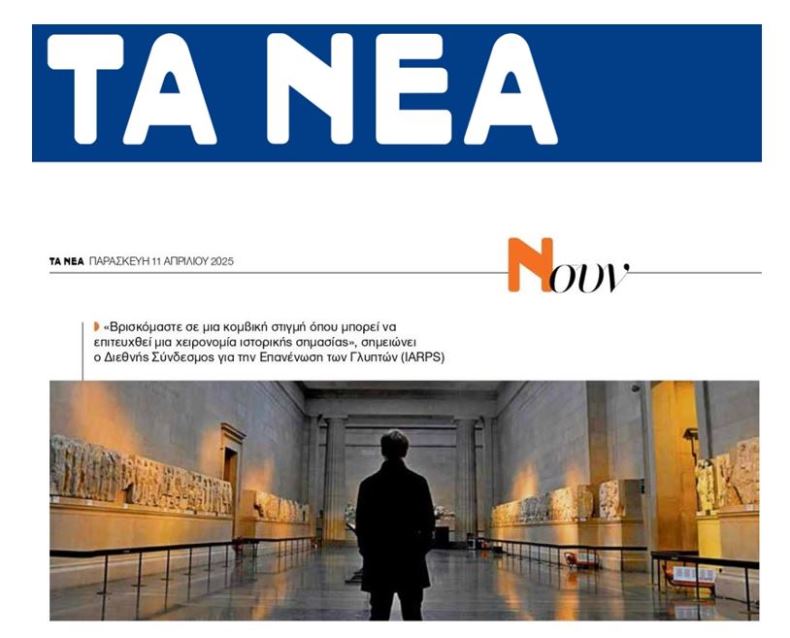UK's King Charles III wore a tie adorned with Greek flags to COP28 in Dubai after this week’s Parthenon Marbles diplomatic faux pas by the UK Prime Minister.
We loved it, as did the media around the globe - and for those interested in purchasing a similar tie or scarf, worth noting that the shop is very near the British Embassy in Athens.
Our Vice-Chair, Professor Paul Cartledge has a Thalassa tie but the design on his tie embraces the letters of the Greek alphabet.
The British Committee for the Reunification of the Parthenon Marbles member Tessa Dunlop took to X yesterday asking for a caption to the photo of the King talking to PM Sunak: "King Charles in a tie sporting the Greek flag. Is he trolling his own PM @BCRPM ?! Captions please! "
And we dutifully found a 2009 quote by the then Prince Charles at a climate conference in Copenhagen, when he said: "Just as mankind had the power to push the world to the brink so, too, do we have the power to bring it back into balance.”
Here's to PM Sunak finding a way to rebalance the disappointing diplomatic faux pas of this week, and a good place to start would be to understand why Greece has been courteously asking for the reunification of these specific sculptures, and for so many decades!
November 27th will be remembered as a dark night in Anglo-Greek relations, but we know we've still plenty of friends in Greece, and can assure Greece that the campaign in the UK isn't over (yet).
These peerless sculptures will one day be reunited with their other halves in the superlative Acropolis Museum, in Athens.
In Janet Suzman's words, spoken at the Athens conference on reunification, which took place in April 2019: "La Luta continua."✊

